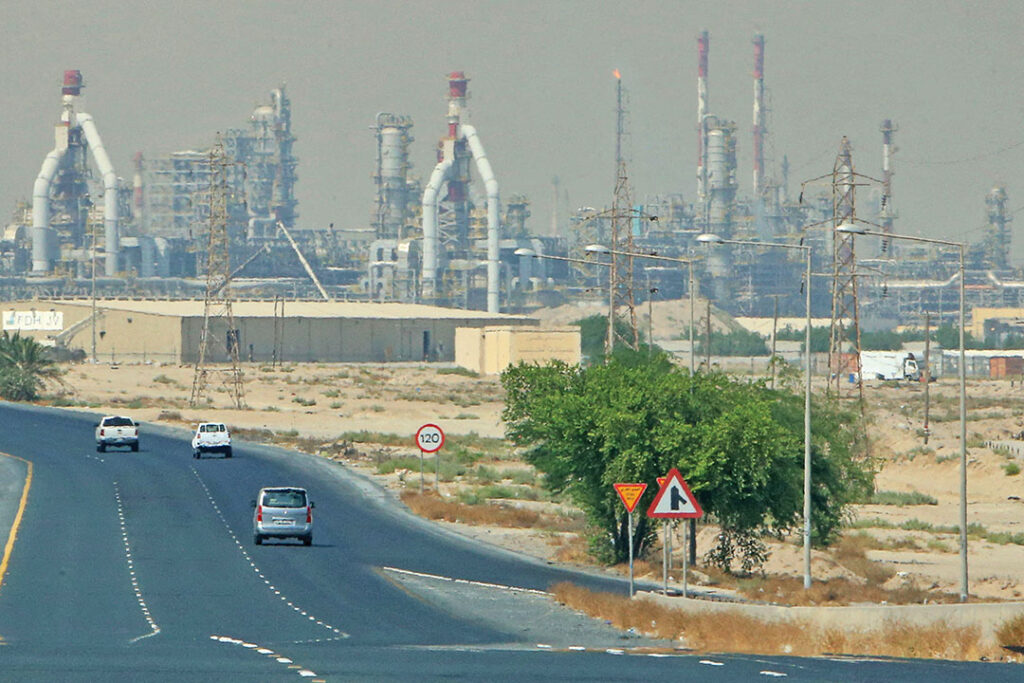SHEIKH SALEM ABDULLAH AL JABER AL SABAH MINISTER OF FOREIGN AFFAIRS, KUWAIT
The state of Kuwait is nestled in the very heart of a vital, resource-rich region that has seen its fair share of instability. In this turbulent region and beyond, the state of Kuwait has long played its role in safeguarding regional and global political and energy stability.
We have borne witness to the interconnectivity of markets and the collective nature of security. Ripples in Crimea lead to tsunamis in Cambridge and Massachusetts. No region is immune to the consequences of conflict. And energy prices, unfortunately, march forward to the beat of war drums.
It is precisely for this reason that de-escalation and dialogue are vital. It is then incumbent on us to foster further dialogue that serves to abate the challenges we face together.
The state of Kuwait will continue to play its role in resolving crises through peaceful means.
In addition to the geopolitical events, we need to also consider two fundamental factors that complicate the energy-security outlook. First, a potential recession. Our experts and yours share similar assessments, which is what prompted collective action by oil-producing nations to prepare ourselves for a recession, and also to prepare investors and consuming nations for what the markets will bear in 2023. Decisions of this nature are not political; they are existential.
And secondly, aggravated energy supply chains. There needs to be greater investment in both upstream and downstream operations by all of us. Aging and retired oil refineries will only limit our ability to install the economic guardrails that protect both producing and consuming nations.
On the issue of energy security, one cannot overlook its implications for the climate. I quote a leader who has long championed this cause, His Majesty King Charles III of the United Kingdom: ‘Climate change poses an even greater existential threat to the extent that we have to put ourselves on what might be called a war-like footing.”
There should be no doubt about this. Climate change is a cross-border intergenerational threat. Critical commitments were secured at the Paris Agreement and United Nations climate change conferences. They include Kuwait’s goal for carbon neutrality in our oil and gas sectors by 2050, with the aim of complete carbon neutrality by 2060. As recently pledged at the U.N. climate change conference in Cairo, we will honor our commitments.
We meet at the nexus of climate change, security and prosperity. As our brothers in the Kingdom of Saudi Arabia persistently warned many years back, we cannot simply focus on climate alone without considering both energy security and economic prosperity. Both of these factors rest on delicately balanced scales.
The question was starkly posed as this: Do we freeze in the dark today or burn under the sun in the future? When addressing this conundrum, one should emphasize the fragility of energy markets and the energy transition, their effects on the global economy and geostrategic threats and their implications on less affluent nations and peoples.
As energy markets brace for what is to come, as conflicts intensify and a global recession looms, as families gather seeking warmth and comfort, let us unite. For it is through our friendship that we flourish and through our partnership that we prosper.

